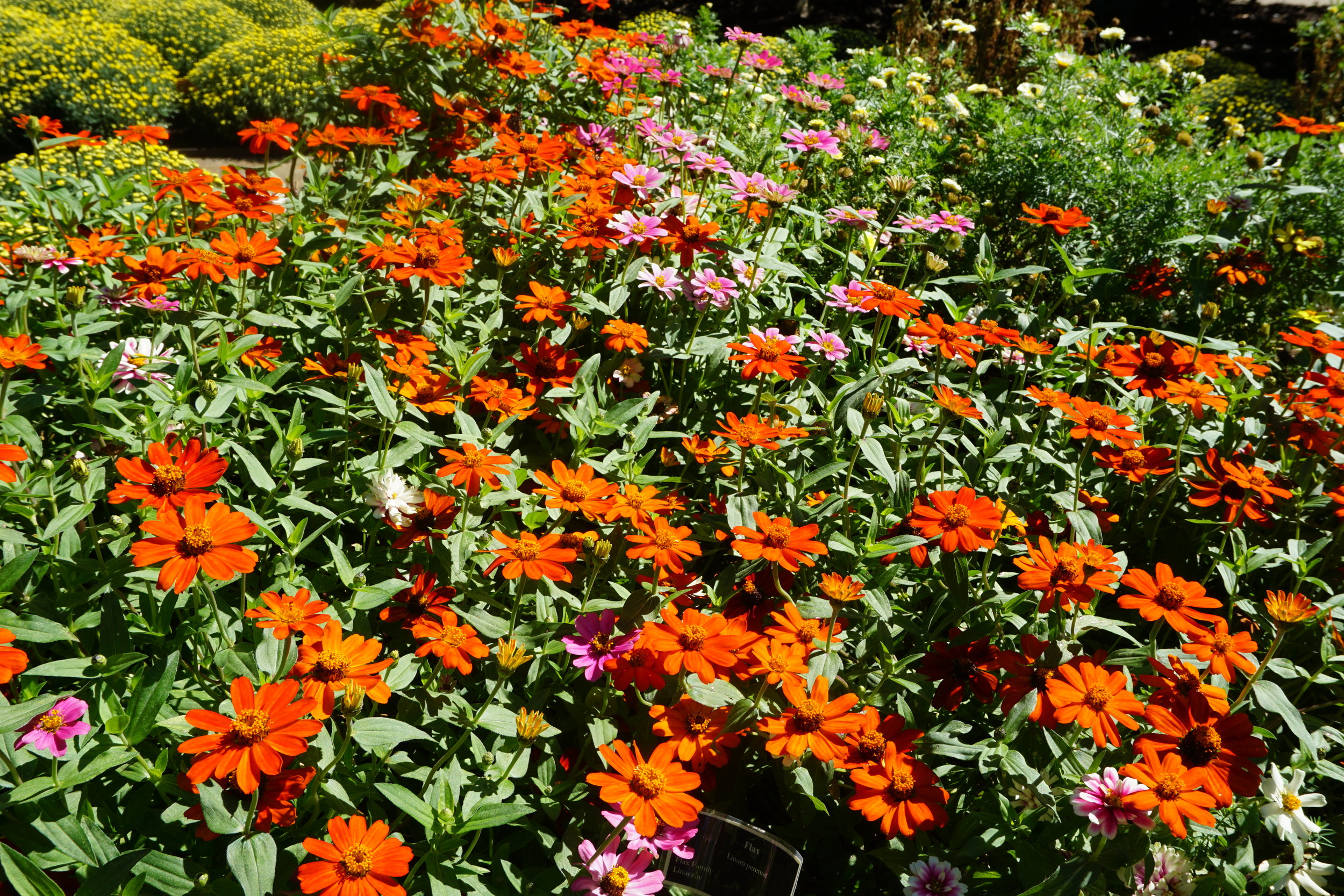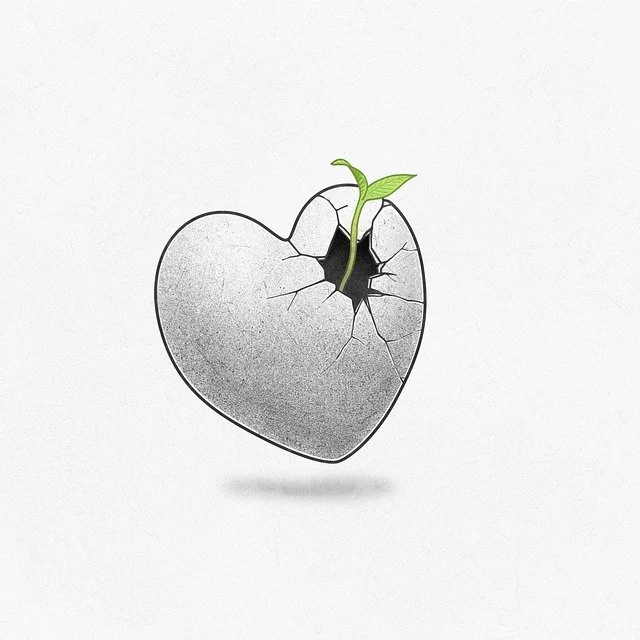A guest blog from Kara L. C. Jones (griefandcreativity.com) “I don't know why I bother to keep writing these things except that it helps me be less scared, less hopeless to encourage us all to start now, right where you are. Rest. Seek the deepest meaning of mutual aid and do it. Understand that we are all affected now. All of us. Even those who deny.”
Read MoreHealing is slow; it hurts; it unfolds in a nonlinear fashion. Grief is the time signature of that slowness, the wisdom resulting from the pain, and the optic perspective afforded from the haptic experience of nonlinear movement.
Read MoreIn this piece, originally written for Still Standing Magazine, Joanne explores the Danish concept/practice of “hygge” and wonders about its applicability to grief. She offers ideas for bringing the warmth and light of a Danish winter into our homes to remember our beloveds during particularly griefy times.
Read MoreJanik Coat’s children book Hippopposites has made me doubt that opposites really exist. Or, rather, I now wonder what are opposite? Are opposites not already unified in a way that we might assume opposites could never truly be? If opposites oppose each other, then how do we account for their status as pairs. Small and large are opposites, but they are united as a pair. In that pairing, they are close together. They are bound by a kind of negative magnetism (opposites attract). Ultimately, this is the lesson I have learned from this book. Opposites are intimate, and that intimacy undoes certainties about what individual words mean and how they function in the world. So: What is grief’s opposite?
Read MoreIn this piece, originally written for Still Standing Magazine, Will reflects on his experience living in New York City in the wake of the 9/11 attacks. He asks: “What happens when we realize that grief comes from the outside?” Fast-forward nearly 13 years, and Will is now a grieving father making sense of the death of his infant son Finlay. In processing this new loss and grief, he contemplates those grieving all around him.
Read MoreRegardless of whether or not these penguins are grieving, we can still learn something important about grief from this striking image.
Read MoreA thinking sessions for all the scholars out there. Will talks with theatre historiographer Pannill Camp about the intellectual underpinnings of his current book project.
Read MoreAn amazing linking-together of scholarly texts, close-readings of The Sopranos, and visions of a Chicago-based work of street theatre that centers the day-to-day experience of Palestinian Americans.
Read MoreHow can we get to a place where we feel sadness each time another person is hurt (regardless of that person’s race, class, or cultural background)? Listen to Greg and Will think through this question together.
Read MoreAligned with the international organization Performance Philosophy, Will helps explain the upcoming conference’s key theme: Problems. A problem is not something to be solved. Rather, it is something like the generative matrix that continues to inform all scholarly thought and/or artistic expression.
Read MoreIt is getting harder and harder to have productive, critical conversations with people who occupy different ideological stances than our own. What are we going to do about this? How can we meaningful talk with others?
Read MoreEpisode 3 of “Thinking Will”: Have you thought about how plants “perform”? If you have, have you considered not using the performance when doing your thinking? This and other ethical questions arise while thinking through the “performativity of plants.”
Read MoreEpisode 2 of Thinking Will, in which I think through the relationship between myself and the deaths I witness both onstage and in life.
Read MoreReflecting on teaching Reiki, Will unpacks the Buddhist concept of emptiness and discusses elements of Tendai Buddhism that shed light on the more esoteric aspects of Reiki’s philosophy.
Read MoreReflecting on a recent long hospital stay and the ongoing pandemic, Will investigates the classical history of the word “nurse” and its related practices of care. The connections he makes lead from the nurse as “one who attends on the sick” to the philosopher (who cares for the souls of his interlocutors) and then to teachers. Will asks whether teachers today would benefit from considering these different valences care and “attendance.”
Read MoreThe term “My Story” is everywhere on social media. In this post, Will asks whether we would benefit from shifting our focus from “story” to “plot.” To make a case for the latter, he goes back to the Ancient Greek word systasis.
Read MoreWill turns to the Ancient Greeks to find some help navigating the uncomfortable experience of repetition.
Read MoreIn a relatively limited number of steps, Will maneuvers from a dictionary of Ancient Greek words to a theory of political revolution embedded within a jazz musician’s sound. The Loeb Classical Library sends him back to A Love Supreme. The keyword here is nomos.
Read More



















